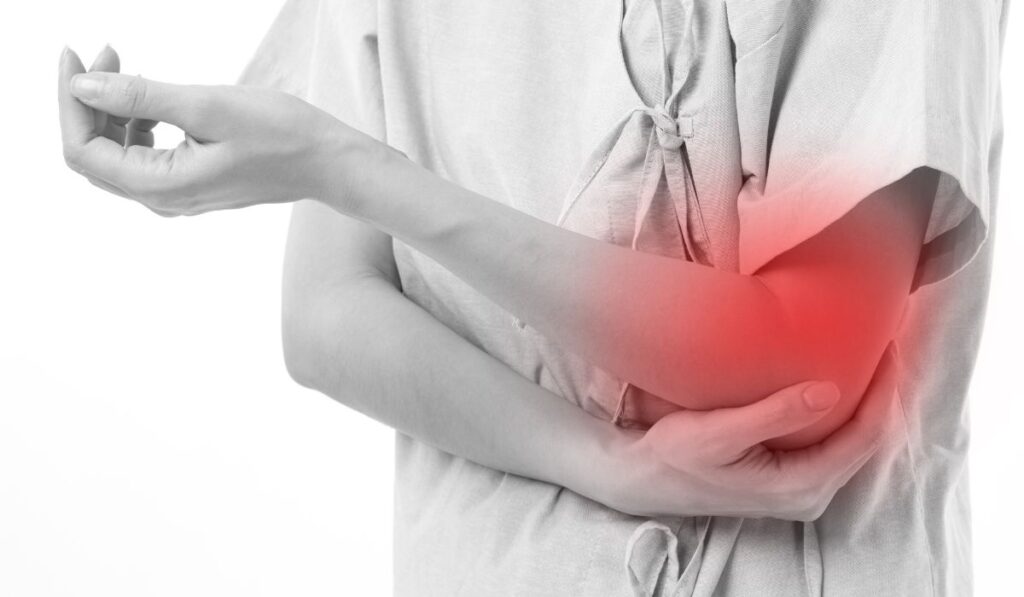If you’re a coffee lover who’s been diagnosed with gout or is concerned about developing this painful condition, you might be wondering: does coffee help gout or cause it? Gout is a type of arthritis that occurs due to the accumulation of uric acid crystals in the joints, causing intense pain and inflammation. In this article, we’ll delve into the relationship between coffee and gout, exploring whether it can be a friend or foe for those dealing with this condition.
Understanding Gout and its Triggers
Before we delve into the coffee-gout connection, it’s essential to understand gout and what triggers its painful flare-ups. Gout is primarily caused by high levels of uric acid in the blood, leading to the formation of sharp crystals in the joints. Factors like diet, genetics, obesity, alcohol consumption, and certain medications can contribute to elevated uric acid levels and trigger gout attacks.
The Coffee and Gout Debate: Does Coffee Help or Worsen Gout?
The Potential Benefits of Coffee:
Coffee is a widely consumed beverage known for its rich flavor and caffeine content. Some studies suggest that moderate coffee consumption may have potential benefits for gout sufferers. Coffee contains compounds that could potentially lower uric acid levels, thereby reducing the risk of gout attacks. Additionally, caffeine might have a mild diuretic effect, aiding in the excretion of uric acid from the body.
The Role of Antioxidants:
Coffee is rich in antioxidants, which play a crucial role in reducing inflammation and oxidative stress in the body. Inflammation is a significant factor in gout flare-ups, so the antioxidants present in coffee could theoretically help mitigate these effects.
Balancing Act: Moderation is Key:
While some studies highlight the potential benefits of coffee for gout, moderation is key. Excessive coffee consumption could lead to dehydration, which might contribute to uric acid buildup. Moreover, individual responses to coffee can vary. Some gout sufferers might find relief from moderate coffee intake, while others could experience worsened symptoms.

Understanding Caffeine and Gout
Caffeine Intake and Uric Acid Levels:
Caffeine is a central component of coffee, and its impact on gout is worth examining. Some research suggests that caffeine might influence uric acid levels. However, the results are inconclusive, and more studies are needed to establish a definitive connection between caffeine and gout.
Tips for Coffee Drinkers with Gout
Stay Hydrated:
Since excessive coffee consumption can lead to dehydration, it’s essential for gout sufferers to stay adequately hydrated. Drinking plenty of water can help prevent uric acid buildup.
Monitor Your Body’s Response:
Individual responses to coffee can vary. Some people might find that coffee worsens their gout symptoms, while others experience no adverse effects. Pay attention to your body’s signals and adjust your coffee intake accordingly.
Consult Your Healthcare Provider:
If you have gout, it’s a good idea to discuss your coffee consumption with your healthcare provider. They can provide personalized guidance based on your medical history and individual needs.
Conclusion
In the ongoing debate about whether coffee helps or exacerbates gout, the answer isn’t entirely clear-cut. While some studies suggest that moderate coffee consumption could have potential benefits for gout sufferers, individual responses vary. It’s crucial to approach coffee consumption mindfully, staying hydrated and paying attention to your body’s signals. As with any dietary consideration for a medical condition, consulting your healthcare provider is advisable.
FAQs
Can coffee cure gout?
Coffee cannot cure gout, but some studies suggest it might have potential benefits for managing symptoms.
Is decaffeinated coffee a better option for gout sufferers?
Decaffeinated coffee might be a better choice, as caffeine could potentially influence uric acid levels. However, individual responses vary.
How much coffee is considered moderate consumption?
Moderate consumption typically ranges from 3 to 4 cups of coffee per day, but it’s best to consult your healthcare provider.
Are there any other beverages that can help with gout?

Drinking plenty of water, herbal teas, and tart cherry juice might also have potential benefits for gout sufferers.
Can I still enjoy foods high in purines if I drink coffee?
While coffee might offer some benefits, it’s important to balance it with a gout-friendly diet low in purine-rich foods.
Does the type of coffee matter?
Different types of coffee, such as espresso, drip coffee, or cold brew, contain varying amounts of caffeine and other compounds. While the overall impact on gout might not drastically differ, it’s essential to pay attention to your body’s response to different coffee types.
Can adding sugar or cream to coffee worsen gout symptoms?
Adding sugar or cream to your coffee doesn’t directly impact gout, but excess sugar consumption could contribute to obesity, which is a risk factor for gout. Opt for healthier additions or enjoy your coffee black to avoid excessive sugar intake.
Are there any specific times when drinking coffee might be more beneficial for gout sufferers?
Some gout sufferers might find that consuming coffee before or after a meal helps in managing symptoms. However, this can vary from person to person, so it’s essential to monitor your body’s response.
What about coffee substitutes?
If you’re concerned about the effects of coffee on gout but still want a warm beverage, you might consider herbal teas like ginger, turmeric, or chamomile. These options provide warmth without the caffeine content.
Can coffee consumption replace medical treatment for gout?
Coffee, while potentially offering some benefits, cannot replace prescribed medical treatments for gout. It can be part of an overall management strategy, but it’s crucial to follow your healthcare provider’s recommendations for gout treatment.
Follow us on Instagram

